 At the beginning of a new calendar year we often ask ourselves what we’d like to accomplish in the next twelve months. I do and I’m pretty sure I’m not alone. But when I sat down the other day to think about how my next year will shape up, it occurred to me that there’s something I need to do first.
At the beginning of a new calendar year we often ask ourselves what we’d like to accomplish in the next twelve months. I do and I’m pretty sure I’m not alone. But when I sat down the other day to think about how my next year will shape up, it occurred to me that there’s something I need to do first.
I need to take inventory. Retailers do it, generally once a year. They check out what they have left in stock, look at what’s sold and what hasn’t. Other businesses review their business plans on an annual or even semi-annual basis. Some do a SWOT analysis (looking at their strengths, weaknesses, opportunities and threats). I’ve done the SWOT thing with some writer friends several times and it’s a great exercise, especially in a group setting with people you respect and trust. But my next writing retreat is months away so I’m taking stock – taking inventory – on my own this time.
And my inventory list is focusing on joy. Why joy, you ask? Because between Christmas and the New Year I had coffee with an artist friend who confessed she’s feeling burned out. She’s normally the gung-ho sort, always up for a challenge, always creating new things. But she admitted she’s pushing herself to create, and the idea of doing more in 2017 left her feeling exhausted. I can relate. 2016 was a bitch of a year and I felt burned out by the end of it.
I’m pretty sure joy is one of the antidotes to exhaustion and burn out. It certainly helps fill a well that’s close to dry. So if you want to do a joy inventory along with me, grab a pen and paper or sit down with your laptop and open a new file.
We’re going to make a few lists. Don’t groan. It’ll be fun. And since it’s 2017, we’re going to limit each list to 17 items.
List 17 accomplishments you’re most proud of. Do it fast; don’t overthink it. It doesn’t have to be something you accomplished this year. And don’t limit yourself to professional accomplishments either (For example, I’m proud that after ten years we managed to grow a kiwi on our vine in 2016. It speaks to our tenacity and patience).
Note down 17 strengths or things you’re good at, both personally and professionally.
Next, jot down 17 things you love. Come on, this one’s easy. I can think of 17 things I love to eat, for heaven’s sake. Your list might include discovering a new writer. French press coffee. A hot bath on a cold night. The smell of sweet peas. The sound of church bells. The touch of a kitten’s fur.
Then write down 17 things you love to do. Think out of the box. What about travel? Star gazing? Meeting a friend for lunch? Needlepoint? Fixing an old car? Doing your taxes? (okay, maybe not taxes).
Finally, list out 17 places you’ve been that make you happy. If you have trouble with this one, add in a few places you’d love to go that you know would make you happy.
That wasn’t so hard, was it? Now you have a sense of what brings you joy and a written record of your proudest accomplishments. Next week I’ll talk about how to use the joy inventory when it comes to goal setting.
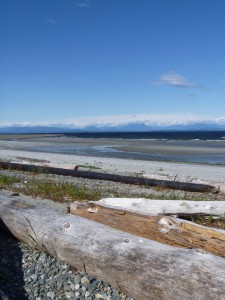
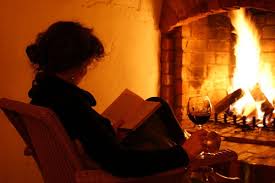


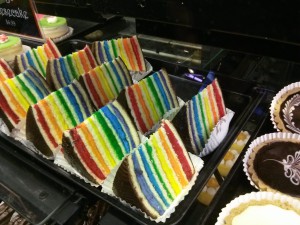
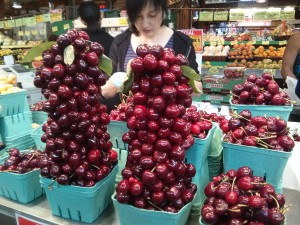

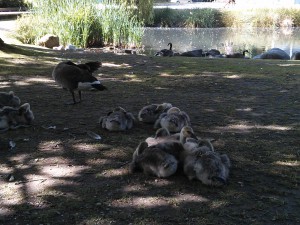




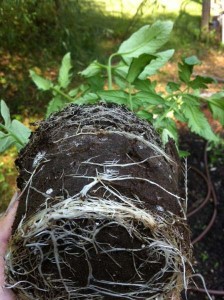




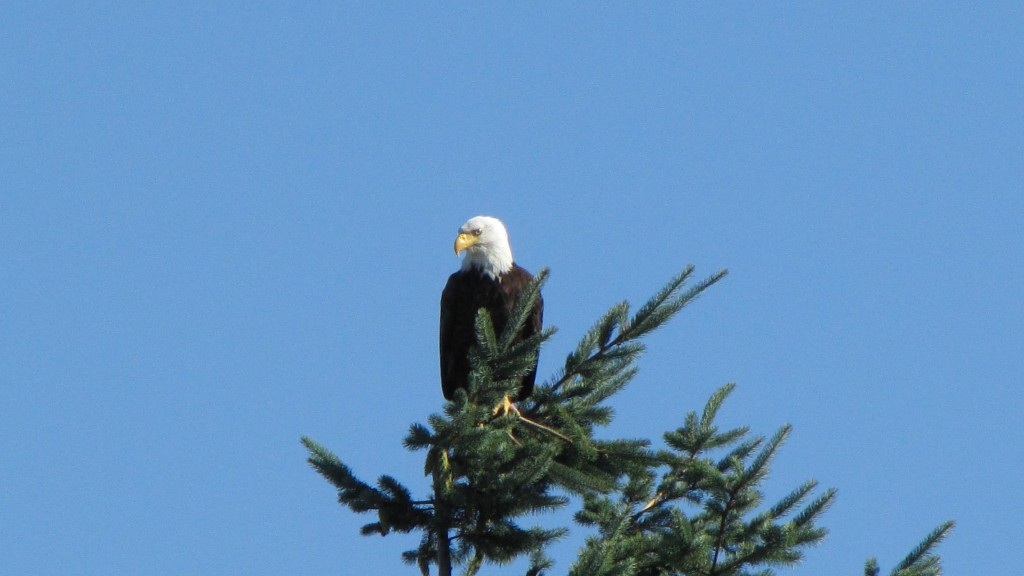
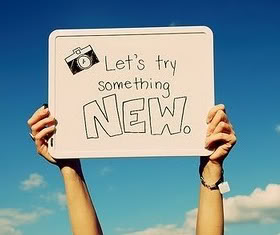

Comments